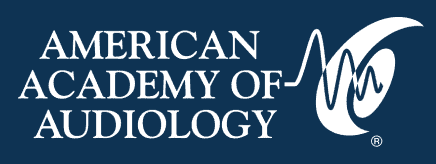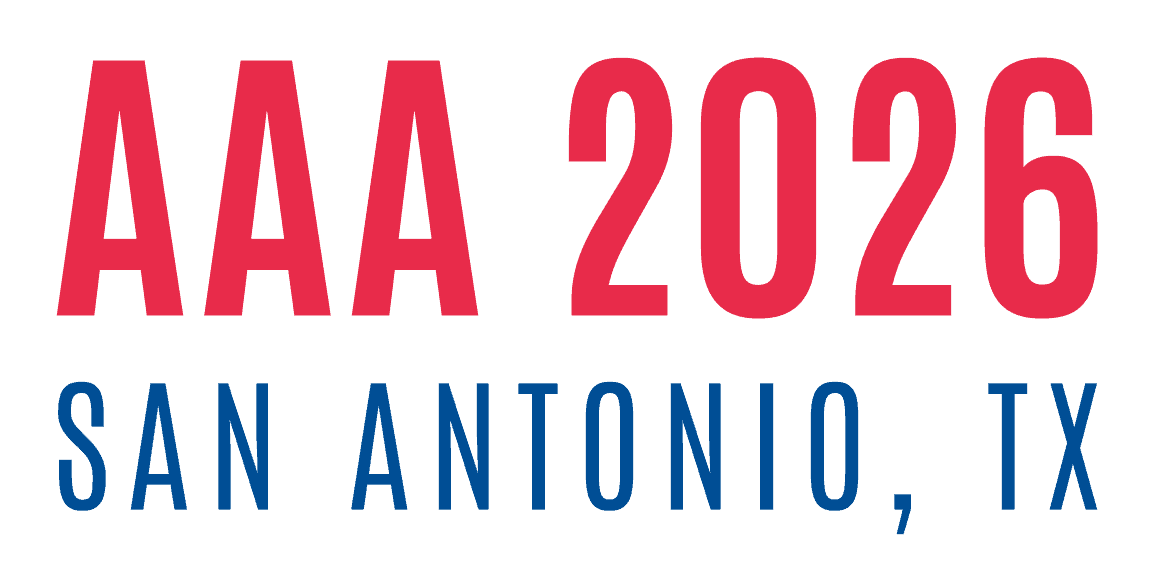This content is an exclusive benefit for American Academy of Audiology members.
If you're a member, log in and you'll get immediate access.
If you're not yet a member, you'll be interested to know that joining not only gives you access to top-notch resources like this one, but also invitations to member-only events, inclusion in the member directory, participation in professional forums, and access to patient resources, tools, and continuing education. Join today!

